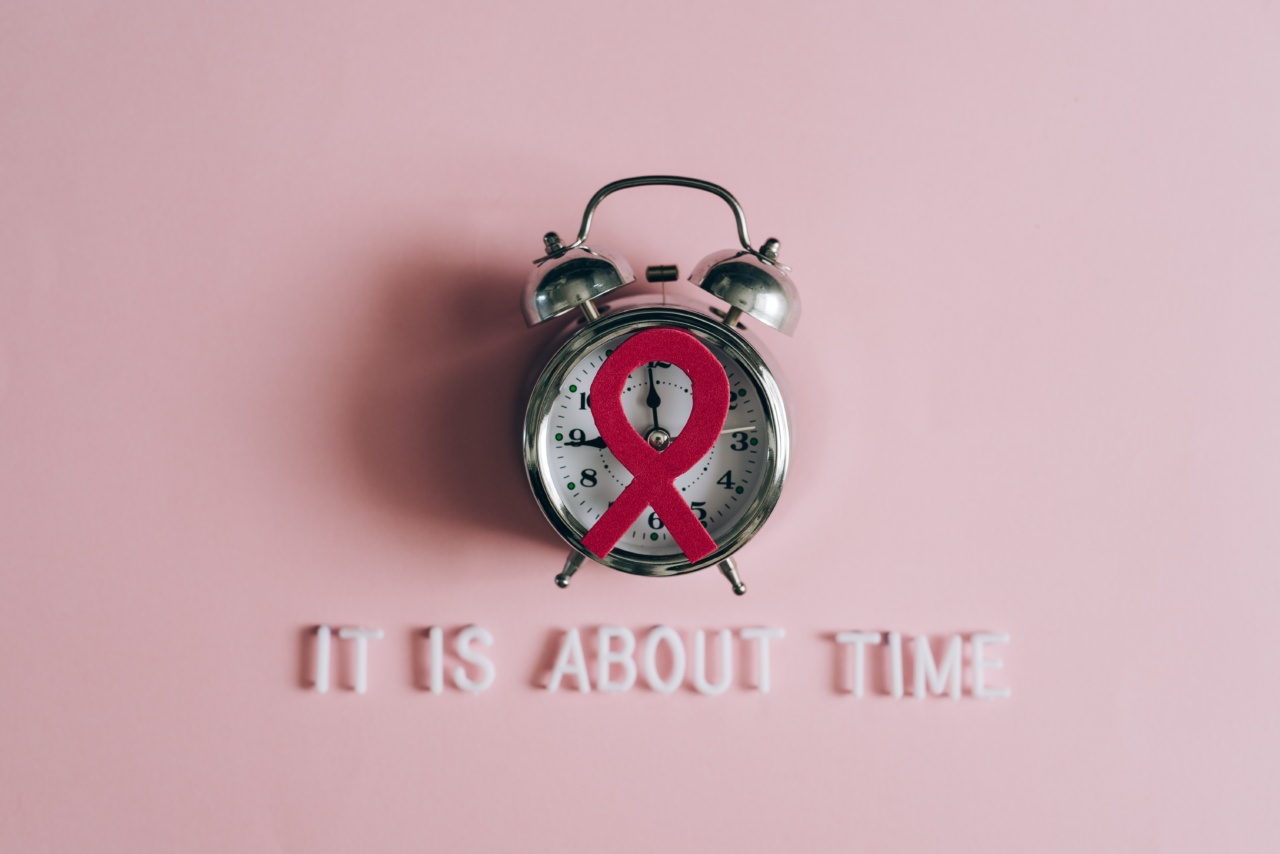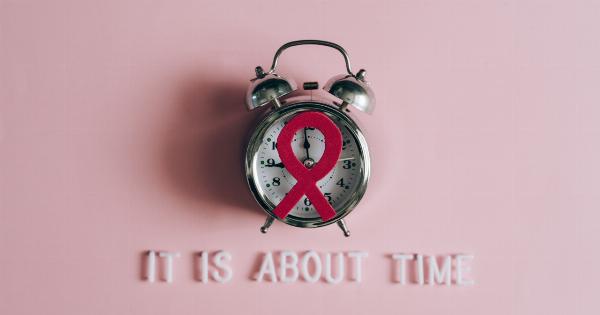World AIDS Day is an important day for everyone around the world. It is a day we join together and show support for people living with HIV, and to remember those who have lost their lives to AIDS.
HIV is a serious virus that attacks the immune system, and without treatment, it can lead to AIDS.
What is HIV?
HIV stands for Human Immunodeficiency Virus. It is a virus that attacks the immune system, and without treatment it can lead to AIDS. HIV is primarily spread through blood, semen, vaginal fluids, and breast milk.
How is HIV transmitted through Saliva?
Saliva is not a primary fluid of HIV transmission. This means that HIV cannot be transmitted through saliva if you have an HIV-negative partner.
There is a very low concentration of HIV in saliva, and the virus is not strong enough to infect someone through their mouth.
What are the chances of catching HIV through kissing?
The chances of getting HIV while kissing an HIV-positive person is extremely low.
In the United States, there has only been one documented case of HIV transmission through kissing, and this happened when both people had severe gum disease or blood in their mouth while kissing.
Can HIV be transmitted through sharing food or drinks?
The chances of getting HIV through sharing food or drinks with someone who has HIV is extremely low.
HIV is not transmitted through food or drink, and even if microscopic amounts of HIV are present in saliva, the virus is not strong enough to infect someone through their digestive system.
What is the best way to prevent HIV transmission?
The best way to prevent HIV transmission is by practicing safe sex. Use condoms or other barriers during sexual activity to reduce the chances of getting or transmitting HIV.
If you are living with HIV, it is important to start treatment as soon as possible to reduce the amount of virus in your body and to keep your immune system strong.
What are the symptoms of HIV?
The symptoms of HIV vary between people, but some common symptoms include fever, fatigue, swollen glands, and a rash. These symptoms may last for a few weeks, and then disappear.
After this initial phase, HIV may not cause any further symptoms for several years. It is important to get tested regularly for HIV if you think you may have been exposed to the virus.
What are the treatment options for HIV?
There is currently no cure for HIV, but there are medications available that can help manage the virus. These medications are called antiretroviral therapy (ART), and they work by reducing the amount of virus in your body.
ART can lower your chances of developing AIDS, and it can also reduce the risk of transmitting HIV to others.
Conclusion
It is important to remember that HIV cannot be transmitted through saliva.
While there have been rare cases of transmission through kissing, it is important to be aware of the risks of HIV transmission through other fluids, such as blood, semen, vaginal fluids, and breast milk. By practicing safe sex and getting tested regularly for HIV, we can take steps to prevent HIV transmission and improve the health and well-being of people living with HIV.



























